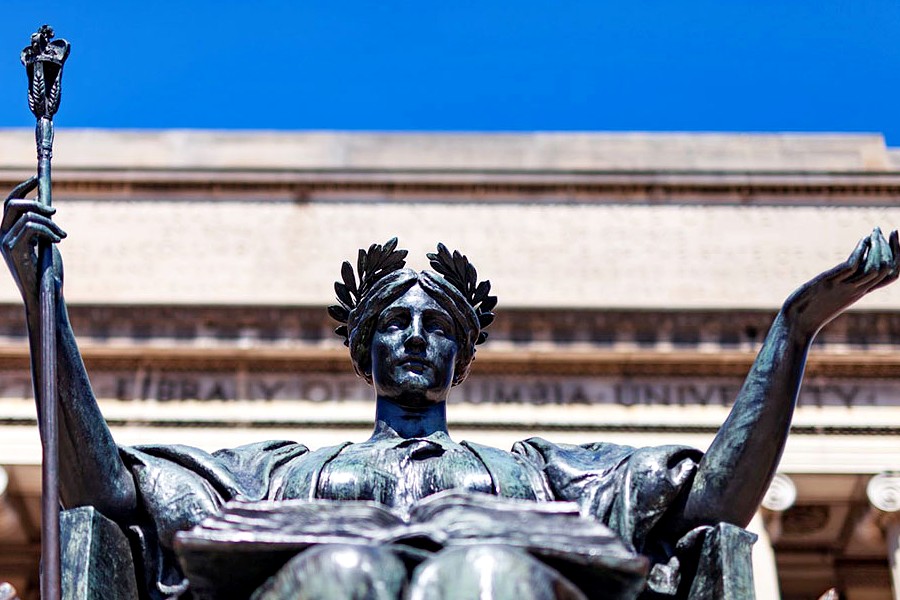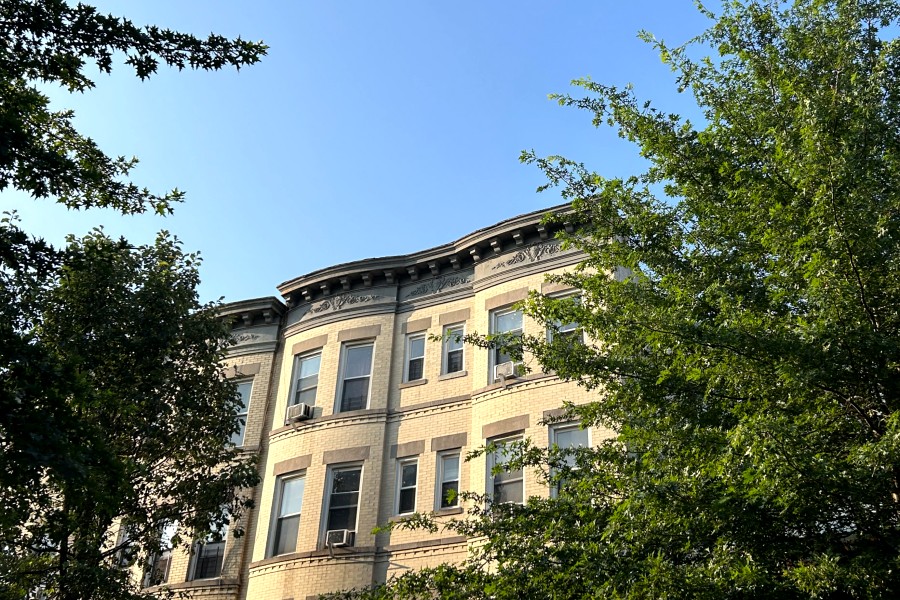 Apart from Randolph and the Messenger crew, there was another organization that attacked Garvey just as bitterly—the African Blood Brotherhood (ABB). Its official name was the African Blood Brotherhood for African Liberation and Redemption. Established in 1919 in New York City by journalist Cyril Briggs, ABB functioned somewhat like a secret society or organization. The group’s socialist orientation caught the attention of the fledgling American communist movement and by the early 1920s it had become a propaganda arm of the Communist Party of America.
Apart from Randolph and the Messenger crew, there was another organization that attacked Garvey just as bitterly—the African Blood Brotherhood (ABB). Its official name was the African Blood Brotherhood for African Liberation and Redemption. Established in 1919 in New York City by journalist Cyril Briggs, ABB functioned somewhat like a secret society or organization. The group’s socialist orientation caught the attention of the fledgling American communist movement and by the early 1920s it had become a propaganda arm of the Communist Party of America.
Composed predominately of African Caribbeans, ABB politics was a curious blend of Communism and Black Nationalism. (Panthers before there were Panthers.) ABB’s leadership consisted of Cyril Briggs, Richard B. Moore, Claude McKay, Lovett Fort-Whiteman, and Otto Huiswood. Many were students of Harrison, some were once associates of Randolph. However, ABB grew to dislike the Messenger crew’s politics. As communists, ABB felt that Randolph was too moderate. The group believed in militant self-defense, and in general were much more revolutionary in outlook. Like Harrison, they believed that a separate Black republic not in Africa, but in the American south should be establish for African Americans. Already at odds with Randolph, the distance between ABB and his camp would widen and the vitriol increase, once the Messenger began to write anti-West Indian editorials.
Domingo, at one time a close associate of Garvey’s and the first editor of the Negro World, after his removal from editorship of the paper, ostensibly because of his socialist views and integrationist tendencies, had now become one Garvey’s bitterest adversaries. With his “defection” from the Messenger, he aligned himself with ABB, though he never became a member. Domingo identified with ABB partly because of its West Indian composition, feeling more congeniality with this community of anti-Garveyites, as opposed to the Messenger’s anti-Garveyites. As the Messenger continued to attack and highlight Garvey’s nationality, in March 1923, Domingo responded in an open letter to the Messenger. After making excellent points against the Messenger editors, and pointing out the West Indian contribution to the Afrikan America struggles, he then states that it was West Indians that brought Garvey down! He says: Let us face certain facts regarding Garvey . . . . Who are the bitterest and most persistent opponents of Garvey? Aren’t they West Indians like Cyril Briggs, R.B. Moore, Frank R. Crosswaith, Thomas Potter and myself? Who caused his arrests and indictments? West Indians: Grey, Warner, Briggs and Orr. Who conducted the Crusader Service, Garvey’s veritable nemesis? Briggs, assisted by this writer. The January Crisis, in justice to truth and elevated journalistic principles, concedes part of the work I did in unmasking Garvey. . . .
Not letting himself be outdone, Owen retorted: Domingo urges with a show of certainty that Garvey’s “bitterest opponents are West Indians.” We grant it. The West Indians are probably the bitterest opponents. . . . But who are Garvey’s most formidable opponents?. . . . Unquestionably . . . American Negroes. . . .
Owen goes on to insist that it was the Messenger that was the first person to suggest and inaugurate the fight upon Garvey’s nebulous schemes and dreams. So here we have two Black radicals taking credit for bringing down Garvey. Randolph through he was instrumental in the “Garvey must Go” campaign, he steered clear of much of the anti-West Indian diatribe. He would say, … West Indians are among the foremost fighters in all cities for racial right. They are assiduous workers, vigorous fighters, diligent and able students.” With that being said, nevertheless, what Randolph did to Garvey was unconscionable. And it seems like history has been let off the hook fro what he did to Garvey. Even more so, history has forgotten Owen.
Between DuBois, Randolph, and Owen, it was Owen that worked hardest against Garvey. In fact, neither DuBois nor Randolph, were part of the Committee of Eight, whereas Owen was its secretary! While Garvey was awaiting trial for mail fraud, Owen and 7 other prominent Afrikan Americans drafted and sent a letter to the U.S. Attorney General, Harry M. Daugherty, calling on him to use his “full influence completely to disband and extirpate this vicious movement” and to “vigorously and speedily push the government’s case against Marcus Garvey.” The Committee of Eight consisted of Chandler Owen, Harry H. Pace, Robert S. Abbott, John E. Nail, Dr. Julia P. Coleman, William Pickens, Robert W. Bagnall, and George W. Harris, all prominent African Americans. Garvey would refer to this letter as “the greatest bit of treachery and wickedness that any group of Negroes could be capable of. This thing is so shocking, so vicious and murderous as to make it impossible for any self-respecting person to imagine that any one, other than a culprit of the meanest kind, could be responsible for its authorship.”
More than the Black radicals and the Black Bourgeoisie, the US Government wanted Garvey to fail. Sometime around November 1919 the Bureau of Investigation ((BOI) the FBI’s forerunner) started an investigation into the activities of Garvey and the UNIA. Toward this end, the BOI hired James Edward Amos, Arthur Lowell Brent, Thomas Leon Jefferson, James Wormley Jones, and Earl E. Titus as its first five Afrikan American agents. Government agents were secretly planted in the UNIA, ABB and within the Messenger editorial staff. These agents provided intelligence to the BOI while in some case sabotaging meetings, and acted as agent provocateurs. Although initial efforts by the BOI were to find grounds upon which to deport Garvey as “an undesirable alien,” they charged him with mail fraud in connection with stock sales of the Black Star Line after the U.S. Post Office and the Attorney General joined the investigation. So what does this all mean—that Black folks are talking too much credit for the fall of Garvey. That the US government had thoroughly infiltrate all concerned organizations, and manipulated, staged, and determined outcomes. The US government destroyed Garvey—plain and simple. In our tribalisms and jealousies, our egotism and sense of inferiority, we assisted but it was larger than our petty diversions and disorganization (source).
Related articles

Become a Harlem Insider!
By submitting this form, you are consenting to receive marketing emails from: . You can revoke your consent to receive emails at any time by using the SafeUnsubscribe® link, found at the bottom of every email. Emails are serviced by Constant Contact






















